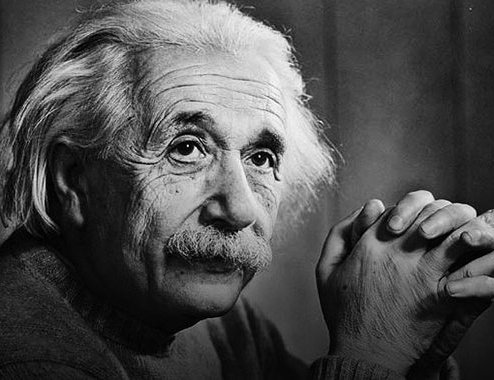Albert Einstein as a Philosopher of Science
Einstein’s philosophical habit of mind, cultivated by
undergraduate training and lifelong dialogue, had a
profound effect on the way he did physics.
Don A. Howard
Nowadays, explicit engagement with the philosophy of science plays almost no role in the training of physicists or in physics research. What little the student learns about philosophical issues is typically learned casually, by a kind of intellectual osmosis. One picks up ideas and opinions in the lecture hall, in the laboratory, and in collaboration with one’s supervisor. Careful reflection on philosophical ideas is rare. Even rarer is systematic instruction. Worse still, publicly indulging an interest in philosophy of science is often treated as a social blunder. To be fair, more than a few physicists do think philosophically. Still, explicitly philosophical approaches to physics are the exception. Things were not always so.
To download the article click on the link below:
https://physicstoday.scitation.org/doi/pdf/10.1063/1.2169442
Don A. Howard
Nowadays, explicit engagement with the philosophy of science plays almost no role in the training of physicists or in physics research. What little the student learns about philosophical issues is typically learned casually, by a kind of intellectual osmosis. One picks up ideas and opinions in the lecture hall, in the laboratory, and in collaboration with one’s supervisor. Careful reflection on philosophical ideas is rare. Even rarer is systematic instruction. Worse still, publicly indulging an interest in philosophy of science is often treated as a social blunder. To be fair, more than a few physicists do think philosophically. Still, explicitly philosophical approaches to physics are the exception. Things were not always so.
To download the article click on the link below:
https://physicstoday.scitation.org/doi/pdf/10.1063/1.2169442




No comments